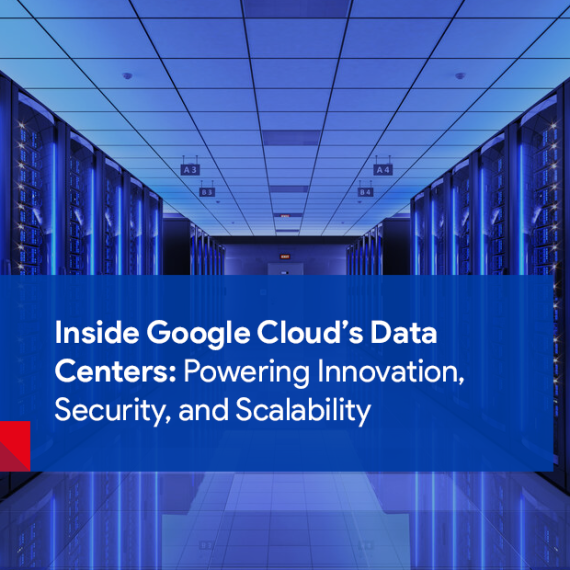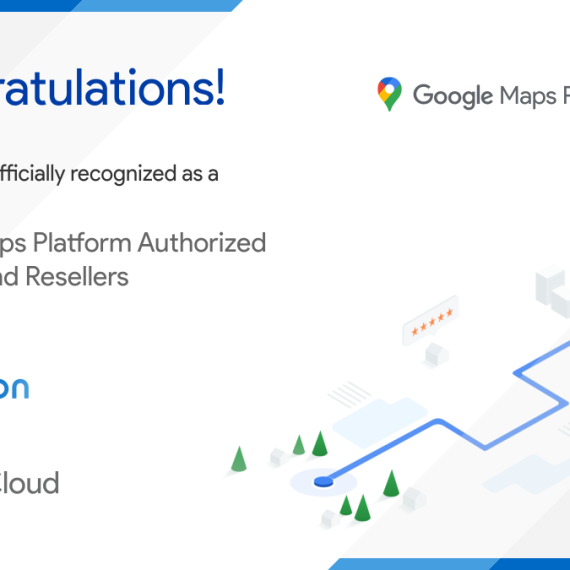Part 1: Technical Skills For IT Success
The IT Expert’s Toolbox: Mastering the Art and Science of IT Services For IT Success
As technology continues to evolve rapidly, so do IT professionals’ requirements and expectations. Today, these individuals must be adaptable, versatile, and equipped with a dynamic set of skills, ensuring they can navigate the complexities and uncertainties of the modern IT landscape.
Technical Skills: The Building Blocks of IT Proficiency
Technical skills form the foundation of any IT success professional’s toolkit. The building blocks of IT proficiency include a broad range of competencies ranging from software development and database management to network administration and system analysis.
Mastering these areas allows IT professionals to design, develop, implement, and manage the technical solutions that businesses rely on.
-
Security: The First Line of Defense
In our increasingly interconnected digital world, security has never been more critical. IT professionals must be well-versed in the latest cybersecurity strategies and technologies, including firewalls, encryption, intrusion detection systems, etc.
This expertise forms the first line of defense against a diverse range of threats, from hackers and malware to data breaches and denial-of-service attacks. Beyond technical skills, a deep understanding of risk management principles and the ability to think like a hacker are invaluable.
-
Systems and Networks: The Infrastructure of IT
The power of an organization’s IT capability mainly depends on the robustness of its systems and networks. IT professionals are tasked with designing, managing, and maintaining these vital infrastructures. This responsibility includes setting up and administering servers, ensuring network connectivity and security, and optimizing system performance.
A deep understanding of operating systems, network protocols, and hardware is a must, along with knowledge of IT service management principles and practices. As businesses increasingly move towards hybrid and cloud environments, managing complex systems and networks is becoming a highly sought-after skill.
-
Data Analysis: Making Sense of the Numbers
Raw data is only meaningful with the right tools and skills to analyze and interpret it. This involves collecting, cleaning, modeling, and interpreting data for significant insights. Knowledge of statistical principles, programming languages like Python, and tools like SQL or Tableau are typically required. With these skills, IT professionals can help organizations make data-driven decisions, improving efficiency, productivity, and profitability.
-
DevOps: The Intersection of Development and Operations
DevOps represents a paradigm shift in handling IT projects, blurring the line between software development and IT operations. It emphasizes collaboration, automation, continuous delivery, and rapid response to change. Understanding the principles of DevOps and the tools that facilitate it (like Jenkins, Docker, or Kubernetes) can give IT professionals a significant advantage. These tools enable faster, more efficient deployment of IT solutions, which can be a game-changer for businesses looking to stay competitive in the digital age.
-
Hardware Deployment: Building the IT Infrastructure’s Spine
Hardware deployment is a cornerstone skill that forms the physical basis of all technological solutions. With properly deployed hardware, the software can run effectively. It is the foundation for all other IT services, from network administration to cloud computing. Beyond mere setup, hardware deployment involves ensuring these systems’ security, efficiency, and regular maintenance.
-
Cloud Computing: Harnessing the Power of the Cloud
Cloud computing is revolutionizing businesses’ operations offering scalable, flexible, and cost-effective solutions for storing and processing data. IT professionals with expertise in cloud platforms like Google Cloud, AWS, or Azure are highly valued. This expertise involves setting up, managing, and securing cloud infrastructures, as well as migrating existing services to the cloud. As more and more businesses move to cloud-based systems, the demand for these skills is only set to grow.
-
Machine Learning: Pioneering Intelligent Systems
Machine learning, a subset of artificial intelligence, teaches machines to learn from data and make decisions or predictions. It’s a skill that’s increasingly in demand as businesses look to leverage the power of AI. IT success professionals skilled in machine learning algorithms, neural networks, and related tools can help build intelligent systems that drive innovation and efficiency.







Leave a Comment